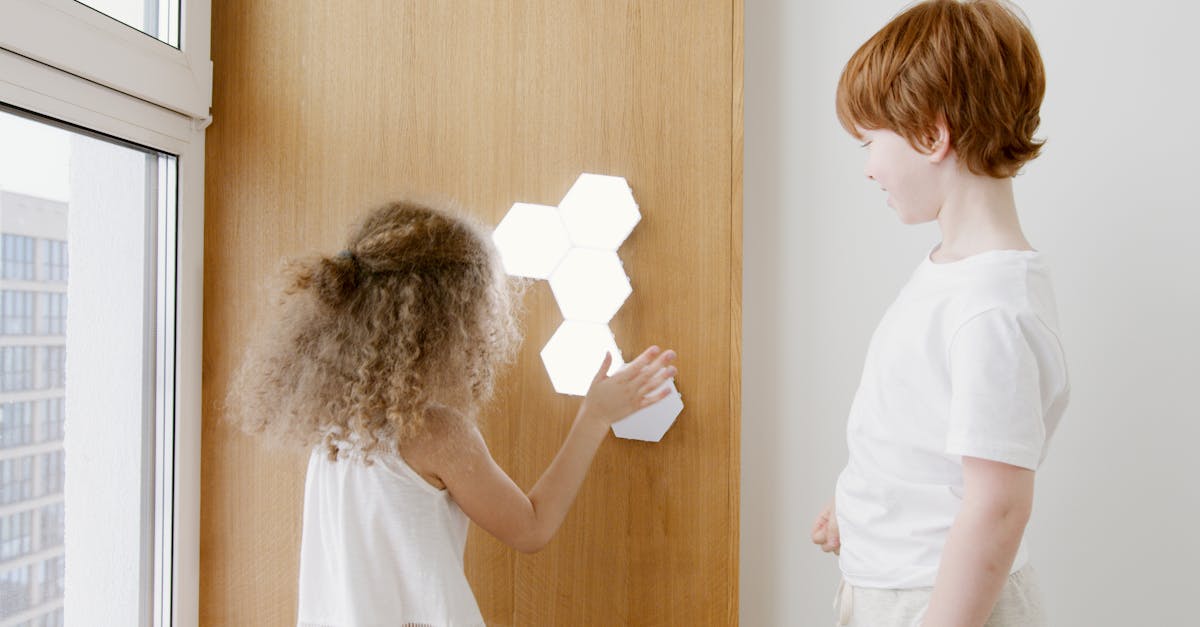Fostering Emotional Bonds
Siblings can be the best of friends or the fiercest of rivals. Fostering emotional bonds between them is crucial. Encourage shared activities that require cooperation. Remember, empathy starts when kids feel deeply understood by their parents.
The more you listen and validate their feelings, the more they’ll extend the same courtesy to each other. Picture this: My younger son taught his big sister to ride a bike. The joy in their eyes when they succeeded was priceless.

Promoting Open Communication
Effective communication is the key to any relationship. Teach your kids to express their feelings without fear of judgment. Use family meetings to practice this. Encourage them to start with ‘I feel’ statements to avoid blame. For example, ‘I feel upset when you take my toys without asking.’ Humor works wonders here. My kids once resolved a fight over a toy by drafting a ‘toy-sharing treaty.’ It was pure comic gold.

Encouraging Teamwork Activities
Teamwork activities like cooking or gardening can work wonders. They teach kids to rely on each other. Assign roles according to their strengths. One child can be the ‘chief mixer’ while the other is the ‘master planter.’ This promotes a sense of achievement and shared success. A fun story: My kids now argue over who gets the ‘honor’ of drying dishes because it means sneaking extra dessert in the process!

Teamwork activities not only foster collaboration but also help children develop important skills that will benefit them later in life.
Respecting Individual Differences
It’s important to recognize and respect individual differences. Each child is unique. Celebrate their individuality while teaching them to appreciate each other’s strengths and weaknesses. Avoid comparisons, as these can breed resentment. I learned this the hard way—praising one child’s academic success while unintentionally sidelining the other’s artistic achievements. It led to a classic sibling cold war, only resolved by acknowledging both their talents.

Respecting individual differences is key in fostering a supportive and inclusive environment. Embracing diversity enriches our lives and helps children grow into compassionate and understanding individuals.
Tackling Sibling Rivalry
Sibling rivalry is as old as time. It’s natural but can be managed. Set clear rules and consequences for unacceptable behavior. Encourage problem-solving and compromise. Use techniques like ‘cool-down’ periods and positive reinforcement.
An example from my life: My kids became ‘peace officers’, responsible for finding solutions during arguments. It turned out to be a hilarious and effective conflict resolution strategy.

Leading by Example
Kids learn by observing. Model empathy and understanding in your relationships. Show them the importance of listening, validating feelings, and offering support. Consistency is key. If they see you practice what you preach, they’re more likely to emulate these behaviors.
A funny daily ritual: My partner and I ‘act out’ empathy through exaggerated dramas, much to our children’s amusement and edification.

Creating a Supportive Home Environment
A supportive home environment is the foundation of empathy. Create a safe space for your children to express themselves without fear of judgment or punishment. Promote a culture of kindness, empathy, and mutual respect. Reinforce these values through family traditions and routines.
One of our favorite routines: Every Sunday, we share ‘three good things’ about our week, fostering gratitude and understanding.

Key Points:
- Safe space for children
- Culture of kindness and empathy
- Family traditions
- Routine of sharing ‘three good things’
